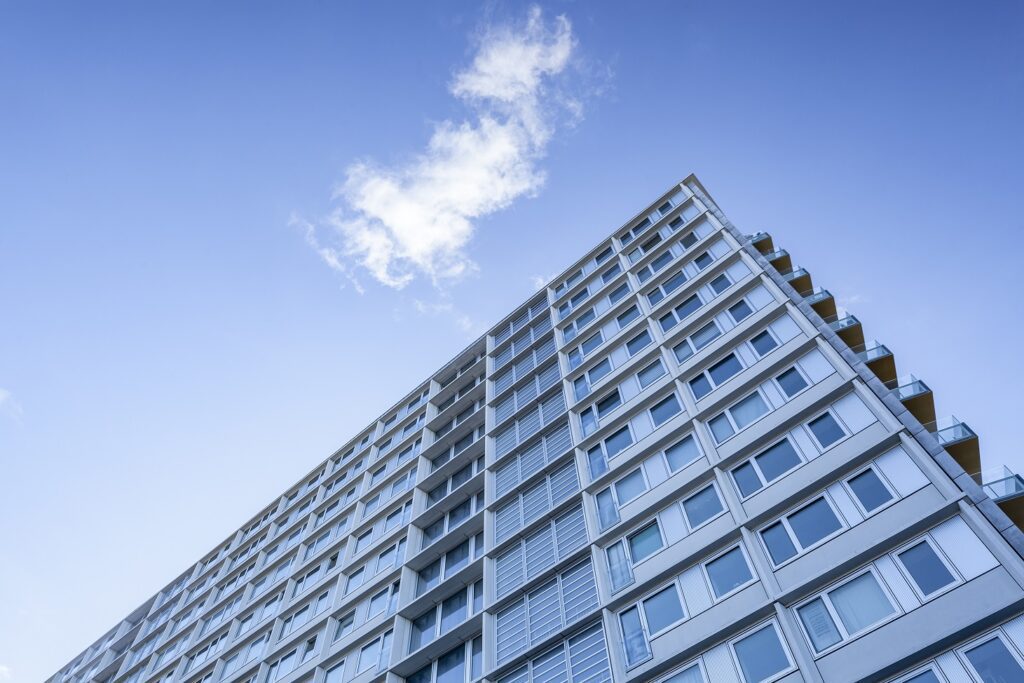Not everybody is a seasoned buying/selling veteran when it comes to real estate, and if you know absolutely NOTHING about real estate, how do you get in the game?
Let’s rewind….all the way back, and start from the beginning…
A client of mine referred his brother to me last week, and this young man said to me point-blank: “I know nothing about real estate, and I have no clue where I want to go, or what I want to do…..except I know I want to do something.”
That sure didn’t give me much to work with, but I think a lot of people are in the exact same boat. You know a change is needed, but you don’t know where to start.
An easy solution would be to sit down and ask yourself the classic who, what, when, where, how, why, but I’ll go into a little more detail.
After deciding that you want to find a place to call your own, examine these two things:
-PRICE
-LOCATION
I find that price & location are essentially chicken & egg. What comes first? Well, most people would argue that the price determines everything, and it’s the easiest place to start. But if you start with location, it will determine your price! Saying you want a 1-bedroom in Yorkville is substantially different that saying you want a 1-bedroom anywhere, and with houses the price disparity is even larger from neighborhood to neighborhood.
I wish I could narrow it down to ONE place to start, but I really feel that these two criteria will never be mutually exclusive.
Price. This will give you a starting point, but howdo you determine price? Well, look at two things: down-payment, and monthly carrying cost. What can you afford to put down on the property? If it’s $40,000, then you could, in theory, find a $400,000 property and put down 10%. And what are you comfortable paying each month into your mortgage? If you rent for $1500/month now, and you think you can afford to move up to $1800/month, use a mortgage calculator and find that you can carry about $310,000 in mortgage for your $1800/month. Put all your numbers together, and decide on a price range that you’d like to look at, within about 10% (ie. $270,000 – $300,000).
Location. If somebody tells me they want to live downtown for $200,000, I’ll tell them I want to fight any guy on The Hills in the Octagon on national-TV—it just isn’t happening. If you let price dictate location, and you know you can only afford $250,000, then you have to shy away from downtown and perhaps consider looking north of 401, or east of DVP. If you think “it’s all the same to me, a condo is a condo” and you don’t mind a long commute to work, then you can afford a bigger place, the same sized place for less money, or maybe a house instead of a condo.
Parking. (for houses, skip this point) You might not think this should be the 3rd criteria, but it really is. A parking space in a downtown Toronto condo starts around $28,000. So a 1-bedroom with parking listed at $299,000 is going to run $269,000 for the same unit in the same building. When somebody tells me, “I want downtown for $275,000,” I usually tell them they have to go without parking. Of course, some people realize the value in a $30,000 parking space which can be rented out for $150/month, every month, as long as they own the condo.
Style. Some buyers just can’t stand the “big marshmallow,” aka the stone-and-stucco houses that developers throw up as fast as possible, and maybe these buyers demand a classic red brick house. Maybe they want a classy, century-old Victorian. If so, this will bring them back to Location since Victorians aren’t found in more than a handful of areas in Toronto. With condos, decide whether you want a loft or an apartment first and foremost, and whether you want a new building or if you’d accept something 10+ years in age.
Size. This will be limited by Price, but if you need NEED a 4-bedroom house or a 2-bedroom condo, then you’ve got to find a way to make it work (unless your children, Apple & Ocean are going to have bunk beds). But often the size is dictated by the Style, for example, a loft is smaller because it has 14-foot ceilings instead of 8-foot, and thus feels larger. The size can also be affected by Layout.
Features. This one could go on forever, but how important is outdoor spaceto you in a condo? If it’s a must, then many buildings (lofts especially) are eliminated right away. Do you need a propane-hookup for your patio? I wouldn’t recommend passing on a condo because the kitchen counters weren’t granite, but everybody has their own requirements. With houses, you might want to look at what has been updated & renovated, ie. age of furnace & roof, condition of garage, porch, driveway, etc.
Layout. A large one-bedroom condo might be enough space if there’s a good layout, or you might need a one-bedroom-plus-den. Think of an older house where there is no access to the dining room from the kitchen, or how how about a basement with one large recreation room instead of an “office” and a “nanny-suite” that you’ll never use except to store extra banana-boxes.
Building Amenities. (for houses, skip this point) There might be some debate about ranking this point so low, but I personally think that the amenities have zero value. I don’t use the “gym” since the facilities are usually garbage, and how often do you go up to the “rooftop terrace” to check out the “city views?” Do you use the sauna? Okay, okay, many people value these things, but would you shy away from a great unit in hot building because there were three stationary bikes and no treadmills? My advice: join a gym for $40/month and put more thought into your $300,000 investment.
Parent’s Advice. For the young people out there, make no mistake: your parents are going to want to see what you’re buying, and they’re going to give you their two cents. I’ve personally been present when my client’s father said to his son, “This is the worst investment you’re ever going to make.” I’m sure we’ll all do the same one day when we have kids.
There is more to consider than what I’ve detailed above, but it’s enough to get a person started, and it covers the main issues. Putting answers to these questions should narrow the search criteria, which has a lot more value than you might think given the sheer number of buildings and neighborhoods in the city.
The reason I wanted to break this down to the basic level is because I find a lot of people are so overwhelmed with the amount of considerations when it comes to real estate (or they’re just lazy…) that often they give up before they even try.
The process of starting your search should be exciting and fun.
Putting yourself “out there” and making a life changing decision will provide a huge rush.
And who wants to stay in the same place forever anyways?






























